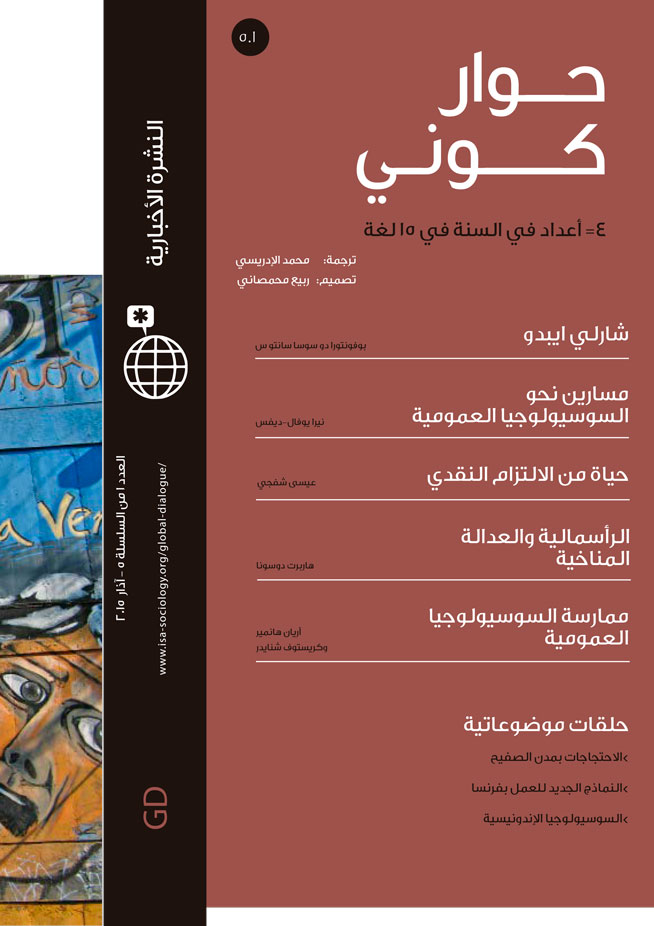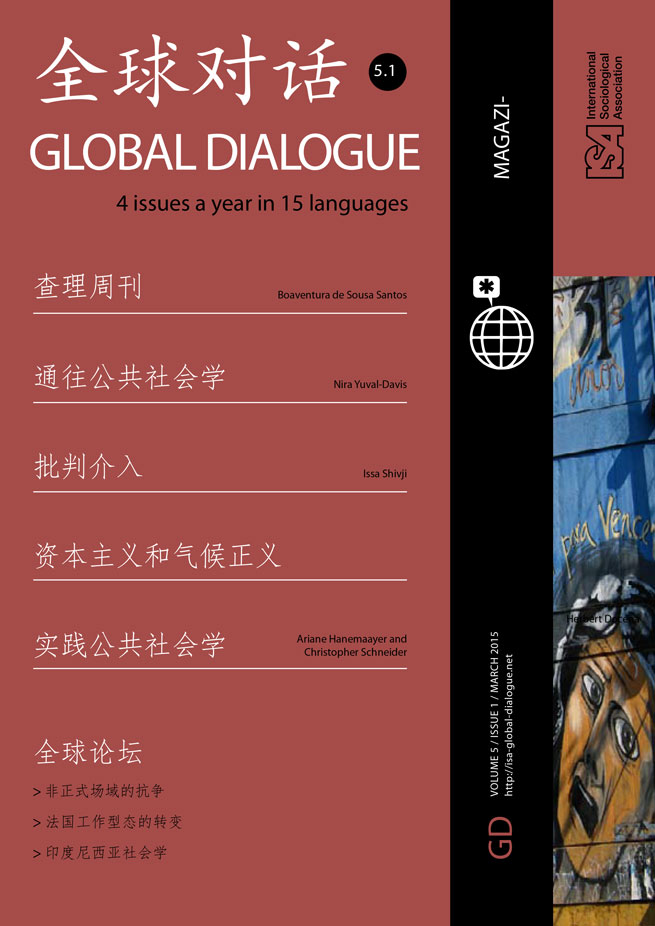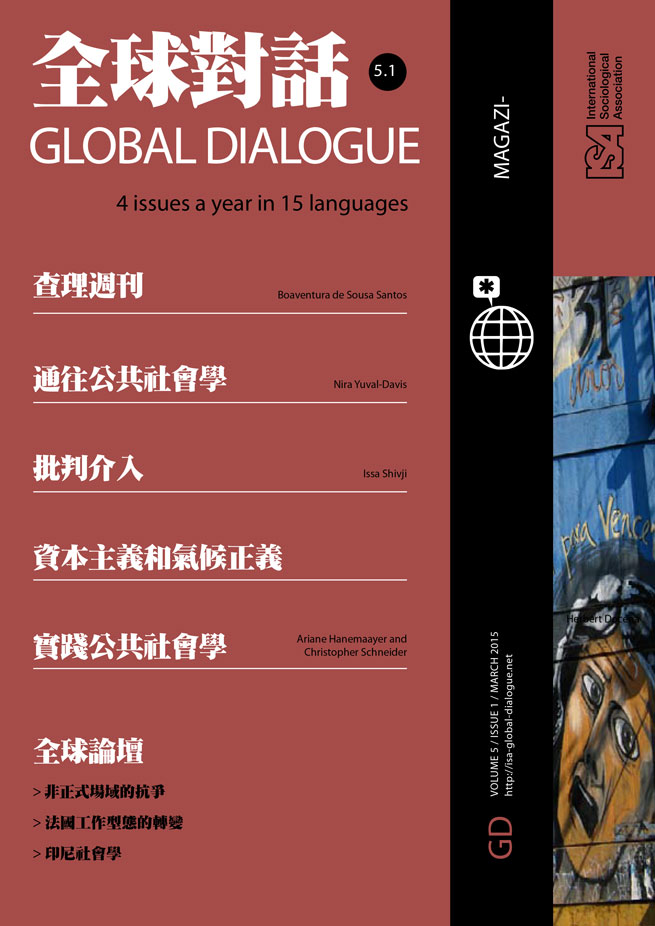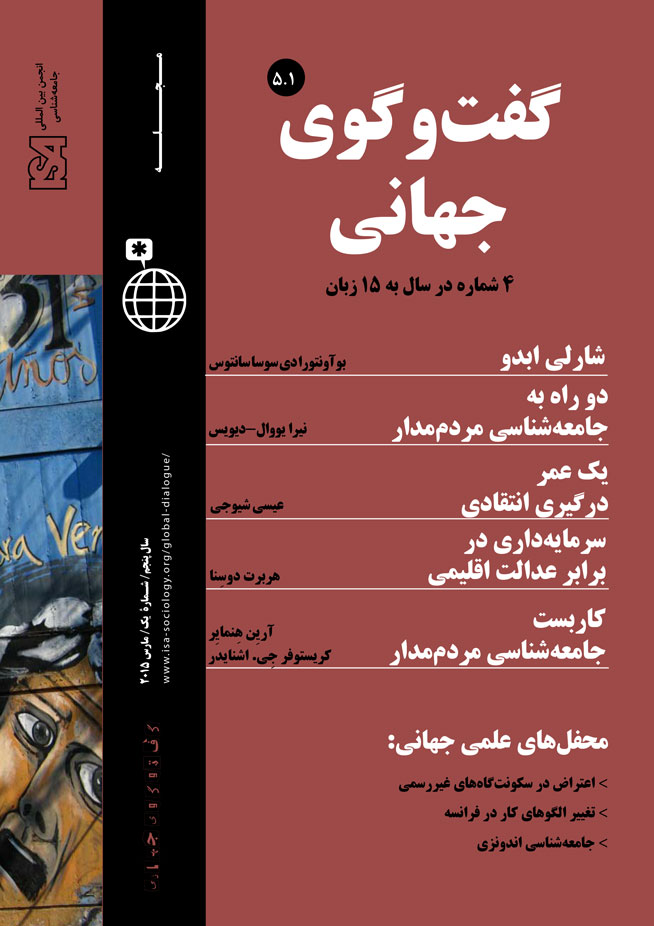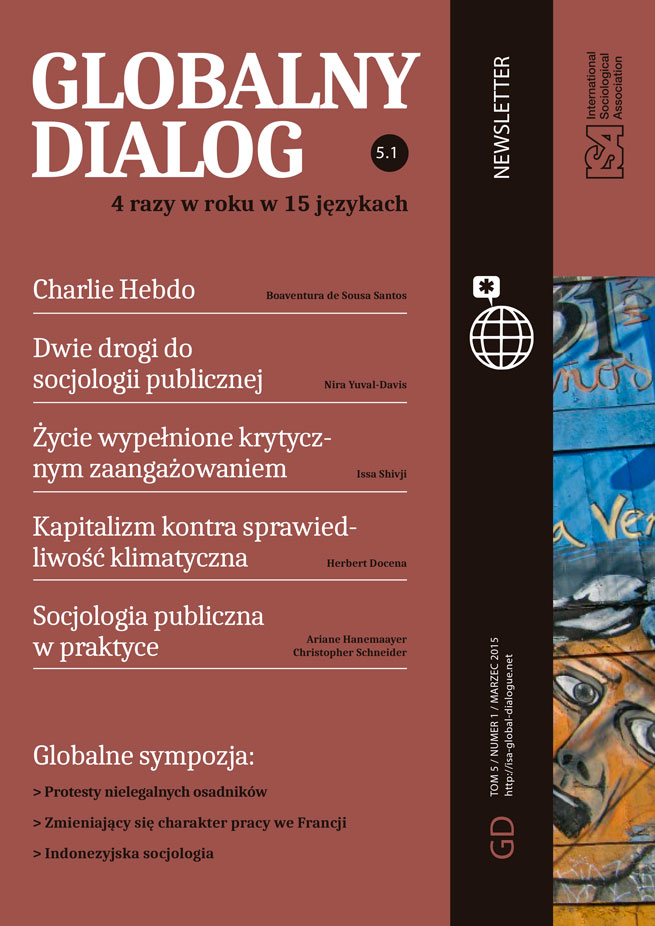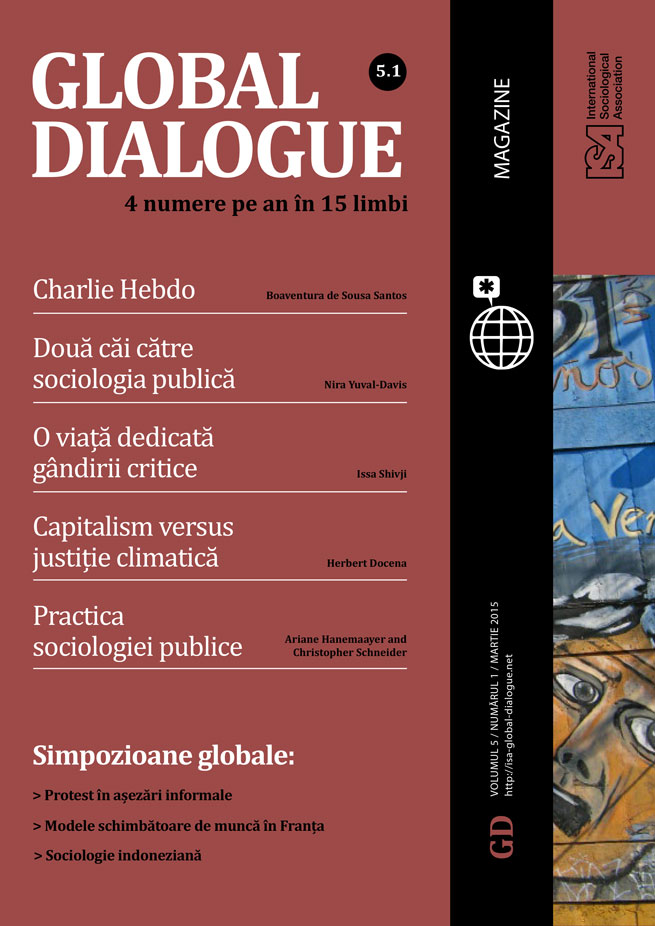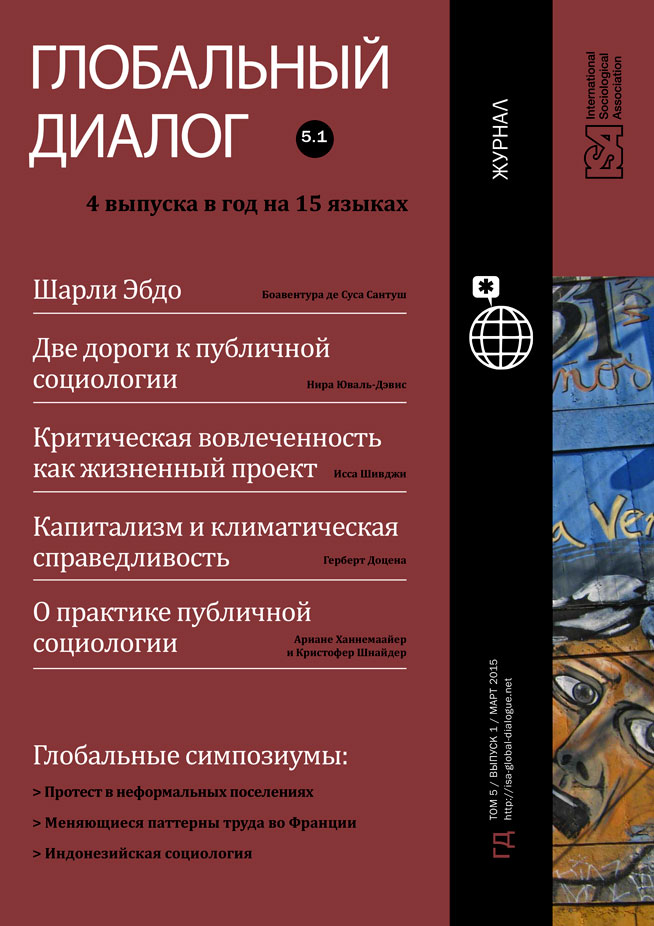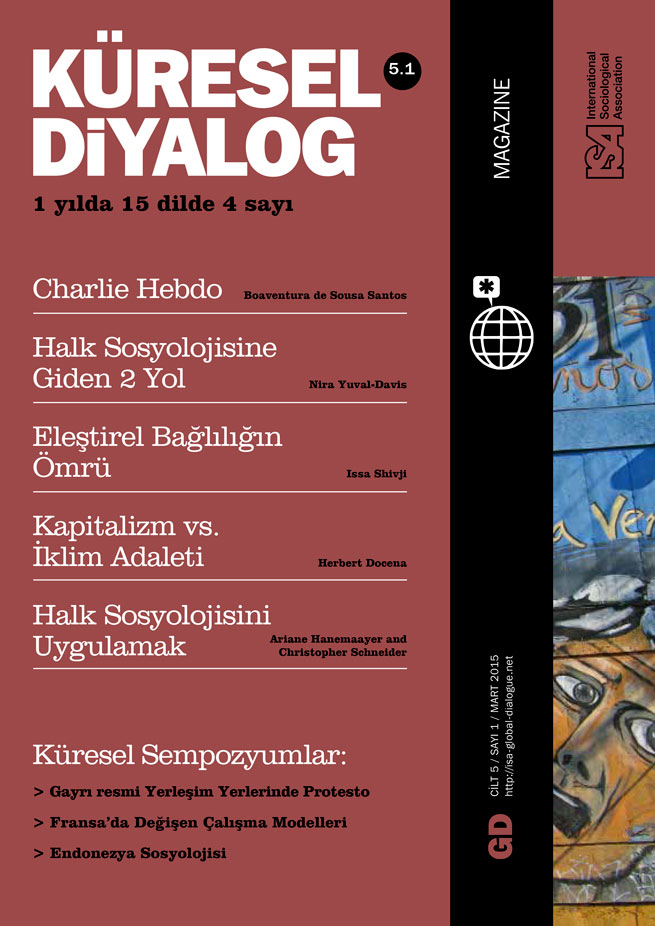Negotiating Chronic Illness at Work
February 22, 2015
In France, keeping the working-age population employed has become a matter of concern for two reasons: this population is aging and increased percentages have been diagnosed with chronic illnesses, particularly cancer. Broad detection programs have increased the number of diagnosed cases per year, while medical progress, early detection and improved treatments with less side effects have transformed several previously mortal conditions into chronic illnesses. In France, almost 15 million youth have been diagnosed with a chronic illness, roughly 20% of the working-age population.
Patient organizations have raised concerns about supporting those living with illness or disabilities for a long time. However, agencies in charge of developing research on several illnesses (hepatitis, HIV, cancer, multiple sclerosis, diabetes, among others) have recently begun to request qualitative social science research. Specifically, they are interested in learning more about individuals who resume work after a sick leave as well as how they remain employed. Within this context, we developed an action research project bringing together psychologists and sociologists to: a) understand the conditions under which a person diagnosed with an illness returns to work and remains employed; and b) intervene to offer individual and collective resources that favor their employment.
This action research project was carried out at three large French firms. Over two and a half years, we studied groups of people diagnosed with specific ailments who wished to return to work or pursue any activity that people like to do and that may or may not provide monetary resources (care, teaching, volunteer community work, etc.). To examine their social conditions, we considered three hierarchical levels in our study: a) practices of human resources management related to workplace health and social issues; b) intermediary staff who managed individual cases of sickness leave, chronic fatigue, temporary or permanent disability; c) workers who have returned to work after a diagnosis as well as their colleagues. We analyzed all the elements identified by this population as relevant to explaining the impact of an illness on working life, family life, environment, community, among others. More specifically, we inquired about the obstacles they faced, the resources employed to confront these obstacles, and under what conditions these resources could be used.
Our research was not limited to employees with a declared illness or disability. We tried to compare the resources available to employees who had not declared their illness to coworkers or supervisors with workers who had requested and obtained disability compensations. In order to obtain these social benefits, the latter requested a certificate of illness from an agency in charge of assessing these claims. Importantly, a majority of employees in France who have a chronic illness or disability do not request these benefits. Indeed, only 2.5 million people request certificates of illness, although some 9.9 million could do so. We sought to understand the consequences of declaring an illness, as well as the reasons why a majority might abstain from doing so.
Results showed that authorized compensations for a certified illness or disability may carry a stigma or be perceived as unjust. Issued by interdisciplinary expert commissions, these compensations are often quite rigid, while illnesses may be more flexible. They are often misunderstood in the work environment, as coworkers and supervisors are largely excluded from negotiating the type, variation and duration of a compensation. Further, there is a second obstacle to the implementation of these compensation measures: human resources or health services impose these from above, with only partial knowledge of real working conditions. Hence, these measures often ignore informal arrangements among coworkers, which are developed in agreement with management and may offer more flexibility. Based on reciprocity, all the local arrangements we have analyzed produce less tension in the workplace than dispositions imposed without prior negotiation. Moreover, the cases of reciprocity we observed involved both individual and collective activities. In sum, local arrangements were grounded in specific contexts.
Our study found that successful compensations – those perceived by social actors as fair and that endured beyond a sickness leave – have several characteristics: they are hybrids of legal measures and local arrangements; they are articulated by those who encounter difficulties in the workplace; and the compensation is jointly elaborated. These social actors spoke in favor of compensations for any disability and for any employee. They questioned some expert certificates of illnesses that offer rights, but were perceived as a means of taking advantage of an illness. Altogether, actions carried out within firms sought to create local conditions of reciprocity among those providing and receiving aid that went beyond solidarity, goodwill, mutual assistance, and disability compensation. We found that patient organizations provided real opportunities for participants to begin transforming their working conditions. Finally, they also allowed individuals to reappropriate the meaning of being ill, to reestablish an identity and to bring individual situations into the realm of collective rights.
Anne-Marie Waser, Conservatoire national des arts et métiers, Paris, France <anne-marie.waser@cnam.fr>
and Dominique Lhuilier, Frédéric Brugeilles, Pierre Lénel, Guillaume Huez, Joëlle Mezza, Cathy Hermand, Conservatoire national des arts et métiers, Paris, France

